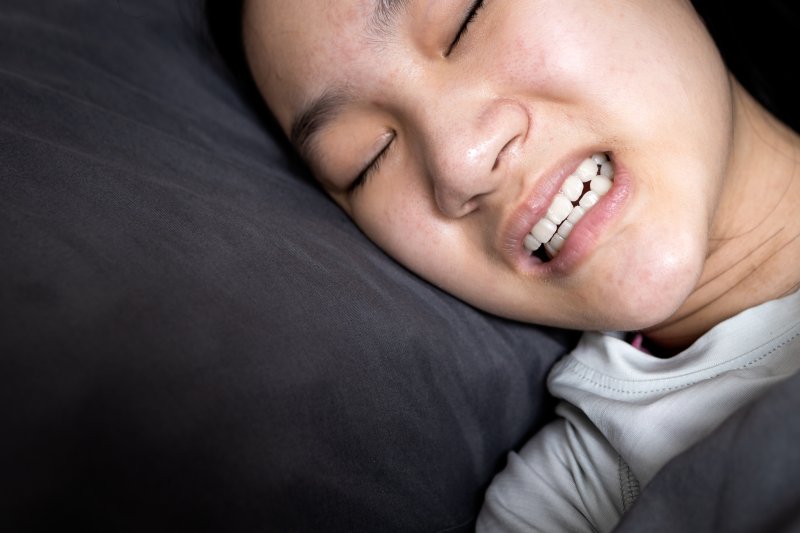
Your habits can make or break your oral health. While it’s common knowledge that brushing and flossing are essential for your oral hygiene, there are many habits that can have positive or negative effects on your teeth and gums. While breathing through your mouth may seem like a harmless and involuntary practice, it makes your teeth vulnerable to infection and injury. Here is a brief overview from your dentist of the risks that come with mouth breathing.
What Causes Mouth Breathing?
People sometimes breathe through their mouths instead of their noses due to a problem with their nasal passages. If a person is not able to get enough oxygen through their nose, they will reflexively switch to breathing through their mouth, and chronic nasal obstruction is a leading cause of mouth breathing.
What Oral Health Problems Can Mouth Breathing Cause?
When a person habitually breathes through their mouth, the oral cavity is constantly exposed to the outside environment. One of the issues this can lead to is dry mouth resulting from the evaporation of the saliva. Saliva plays several key roles in your oral health by keeping the teeth lubricated and mineralized and washing away bacteria and food debris, so a lack of it can leave the teeth more likely to be injured while harmful germs multiply rapidly.
Mouth breathing may also make a person more likely to experience allergies, poor sleep, and lower oxygen levels in the blood. Mouth breathing can have a particularly devastating effect on children since it changes the way the airway is shaped. The faces of children who grow up breathing through their mouths may develop with a long, narrow shape, a flat nose, a short upper lip, and a pouty lower lip, and this habit may also result in crooked teeth, gummy smiles, and sore throats.
How Can I Know If I’m a Mouth Breather?
Mouth breathing as a habit can lead to symptoms such as:
- Crowded teeth
- Dry lips
- An open mouth or snoring while sleeping
- Ear infections, sinus infections, or colds
- Chronic bad breath
Your dentist is well-equipped to determine if you are breathing out of your mouth and how to help you break the habit. Keeping up with regular dental appointments is a great way to maintain your oral health so that you can live comfortably.
About the Author
Dr. Beverly Rose earned her dental degree from the University of Florida College of Dentistry and stays up to date with the latest dental techniques and technologies by regularly participating in continuing education courses. She also frequently attends clinical seminars through the American Dental Association and the American Academy of Cosmetic Dentistry. Her office in Melbourne, FL, provides services such as general, restorative, and cosmetic dentistry. If you are concerned about mouth breathing, contact her office online or dial (321) 259-4666.
